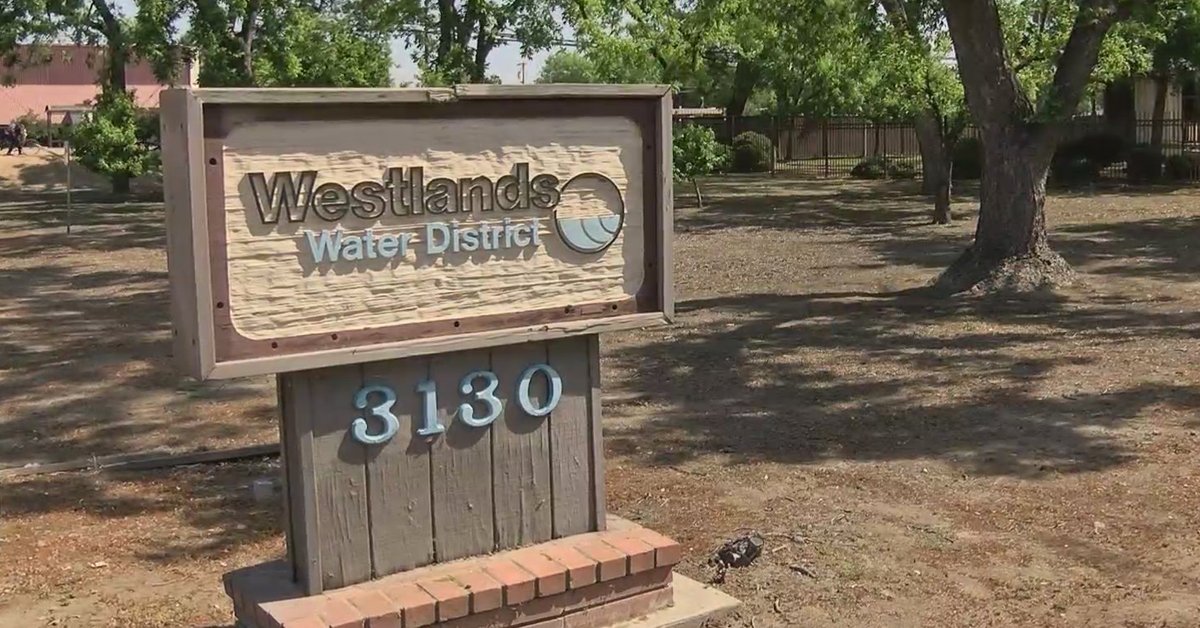An effort to halt the construction of a controversial water pipeline in Kings County found itself backed-up late last week.
Last Friday, the Kings County Board of Supervisors convened a special meeting to – in part – discuss an emergency ordinance halting construction on all agriculture pipelines that are greater than 24 inches in diameter.
The proposal stemmed from the on-going battle between the Tulare Lake Canal Company and Sandridge Partners, the farming and water giant owned by Santa Clara County native John Vidovich.
Both sides are currently locked in a legal battle over Sandridge Partners’ attempt to construct a water pipeline in southern Kings County, the latest of which is a claim from the Tulare Lake Canal Company that Sandridge Partners violated CEQA by failing to perform an environmental impact report for the project.
Tulare Lake Canal Company sued Sandridge Partners claiming that construction that would occur under its canal could potentially cause damage.
The Tulare Lake Canal Company placed heavy equipment on the land, physically blocking Sandridge Partners from construction.
Sandridge Partners sought a temporary restraining order from the court to force the equipment to be removed, but the court initially ruled in favor of the Tulare Lake Canal Company in February.
Just a few weeks later, the judge reversed course and ordered the removal of the equipment.
The pipeline in question measures 48 inches in diameter and will be part of a larger interconnected conveyance system that will run from north of Highway 198 west of Lemoore to the Blakeley Canal, south of Stratford.
Per the board’s staff report, much of the system will run adjacent to or under county property.
“The county granted the individual encroachment permits across several county roads near Stratford, without knowledge that the individual permits were components of a much larger construction project,” the staff report reads.
The county brought the proposal forward to halt construction of the pipeline with concerns that it would create many threats, such as flooding, erosion, contamination to surface water and groundwater, damage to public roads and depletion of scarce groundwater resources from the county’s aquifers.
However, the county also had a closed session scheduled to discuss potential litigation that it would face if it passed the ordinance.
Before the board went into closed session, Nathan George, a representative of Sandridge Partners, spoke during the public comment period and questioned the timing of the county’s proposed moratorium.
“It is very interesting, if not suspect, that this hearing is set on this at this time when the court is ruling on the same question right now as well, and especially when the board has a regular meeting at which it could’ve considered this in a couple days,” George said. “We think that the moratorium is an incredible overreach, and it doesn’t address any of the hypothetical problems that are raised in the findings.”
Following the closed session discussion, County Counsel Diane Freeman announced that the county would not proceed with the ordinance and pulled it from the agenda.
Instead, the board directed staff to review potential policies that it could implement in the future regarding the pipeline.











